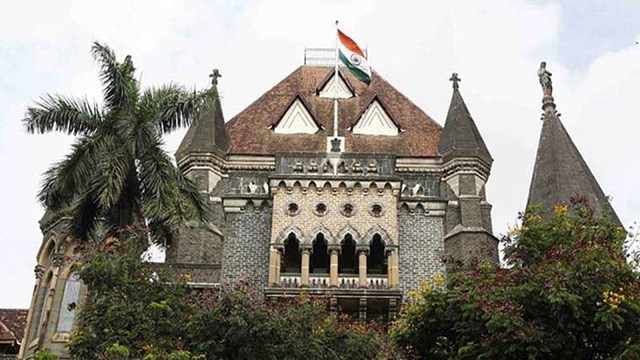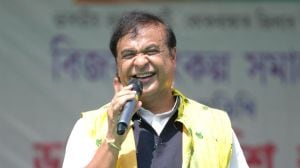Bombay HC dismisses ‘entirely without merit’ pleas seeking ST status for Dhangars in Maharashtra
The petitioners had claimed that Dhangars formed nearly 9% of Maharashtra’s population and should be given Scheduled Tribe status because they were a part of the ST list in other states
 The petitioners claimed that Dhangars formed nearly 9 per cent of the state’s population (nearly 1.5 crore) and they should be given ST status in Maharashtra because in other states Dhangars are part of the ST list and their constitutional rights should not be infringed. (File)
The petitioners claimed that Dhangars formed nearly 9 per cent of the state’s population (nearly 1.5 crore) and they should be given ST status in Maharashtra because in other states Dhangars are part of the ST list and their constitutional rights should not be infringed. (File)The Bombay High Court on Friday dismissed “entirely without merit” petitions seeking Scheduled Tribe (ST) status for the Dhangar (shepherd) community in Maharashtra. The petitioners had claimed that the community in Maharashtra got listed as Dhangar instead of ‘Dhangad’ due to a typographical error and was therefore excluded from the ST category.
The bench of Justices Gautam S Patel and Kamal R Khata, during day-long dictation of the verdict in open court, observed that petitioners could not establish that the ‘Dhangad’ community did not exist in the erstwhile state of Bombay (and later in reorganised Maharashtra) at the time of issuance of Presidential Order in 1950 and therefore, the high court said, it was not a “zero member or empty class”.
It said the contest having “wider social and political impact” was between the entry of ‘Dhangad’ and whether the community known as ‘Dhangar’ is indistinguishable from the entry in the Presidential Order (PO) of 1950 which included ‘Dhangad’ in ST category and the subsequent Government Order (amendment) of 1956.
The petitioners claimed that Dhangars formed nearly 9 per cent of the state’s population (nearly 1.5 crore) and they should be given ST status in Maharashtra because in other states Dhangars are part of the ST list and their constitutional rights should not be infringed.
The petitioners through senior advocate Darius Khambata and advocate Abhinav Chandrachud also sought an inquiry into their claim of the non-existence of the ‘Dhangad’ tribe in Maharashtra and that there were only Dhangars, which the bench refused.
However, the petitions by tribal leaders opposing the Dhangar community’s demand claimed that ST reservation was merely 7 per cent and Dhangars already have a 3.5 per cent quota under the Nomadic Tribe-C category. If they are included in STs, they will corner 3.5 per cent of the quota, the opposing petitioners claimed.
Senior advocate Ashutosh Kumbhakoni for the state government submitted that there is not a single noted instance of ‘Dhangad’ in Maharashtra.
However, the bench noted that a solitary Khilare family from Chhatrapati Sambhajinagar (erstwhile Aurangabad) had obtained ST certificates under the ‘Dhangad’ category which they recently disavowed in 2023 through affidavits. However, the bench termed the ‘classic case of family of Bhausaheb Namdeo Khilare’ to be ‘infinitely problematic’ for petitioners’ claim of no ‘Dhangad’ existence in Maharashtra.
The bench noted that the PO was issued under Articles 341 and 342 of the Constitution and such Articles are special provisions for affirmative action for certain communities to get special protection and reservation and other advantages.
Any reading of these Articles, the bench said, revealed that the legislative power vested in the President and the Parliament can include or exclude an entry from the list notified by the President. The rationale behind PO being “sacrosanct” was, the court noted, “In a country as diverse as ours, to define obligation and duties, the law clearly demarcates factual position. If these entries are to be constantly modified, changed or chopped, it will result in chaos in administration and no person will know whether benefit availed today is liable to be taken away by judicial fiat tomorrow or what the consequences are likely to be.”
It further referred to a 1964 Supreme Court decision in B Basavalingappa vs D Munichinnappa and noted that the petitioners could not show that as of the date of PO, no tribe or community known as ‘Dhangad’ existed in Maharashtra or the said class was “zero member class” in the state. Only in those circumstances, the court could have entered into question of analysis (not judicial review) of the legislative intent behind the PO of 1950.







